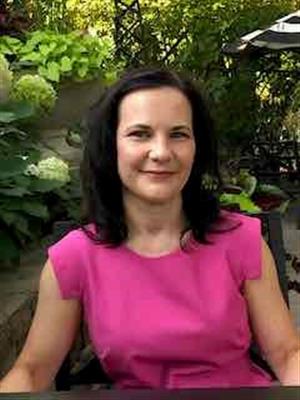
What we offer
We are proud to offer three rewarding pathology programs at the postgraduate level.
-
Diagnostic and Molecular Pathology Residency
The Diagnostic and Molecular Pathology Residency is a Royal College of Physicians and Surgeons of Canada accredited program that has a hybrid generalist-subspecialty practice. Residents will benefit from both general surgical pathology and subspecialty training throughout their residency.
-
Hematological Pathology Residency
This competency-based program aims to develop competent specialists in the diagnosis of various hematologic disorders encompassed within the fields of morphology, hemostasis, and transfusion medicine.
-
Pathology and Laboratory Medicine (PhD)
This PhD program focuses on molecular, tissue, animal, and clinical research to understand the changes associated with diseases; offering trainees in-depth, comprehensive research training.
-
Subspecialty Residency Training in Forensic Pathology
Series of mandatory and elective rotations as well as weekly didactic sessions.
The Pathology (MSc) program offers two paths toward a master's degree:
Our story
Department Research
Our department offers broad-ranging pathological expertise, with extensive research facilities and affiliations with other teaching hospitals. Our facilities include laboratories for biochemists, immunohistochemistry, small animal experimentation, cell culture, molecular biology and more.
Current faculty research projects
Faculty and staff
News and stories
View more news and stories-

The Globe and Mail: 2024 Gairdner Award recipients paved way for revolutions in cancer treatment, genomics, and global health
Rady Faculty of Health Sciences, UM Today
-

Dr. Meghan Azad Receives Prestigious 2024 Canada Gairdner Award
Research and International, Students
-

Winnipeg Free Press: U of M medical fellowship program will help more Manitobans end nightmare of sleep disorders
Rady Faculty of Health Sciences, UM Today
Contact us
Pathology
Max Rady College of Medicine
401 Brodie, 727 McDermot Avenue
University of Manitoba (Bannatyne campus)
Winnipeg, MB R3E 3P5 Canada














